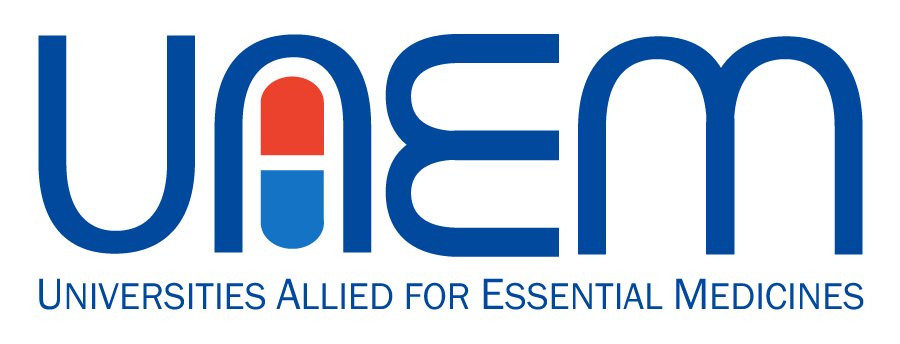The Dose: Canada’s COVID-19 Vaccine Policies: Saying One Thing, Doing Another
The following article was generated by summarizing findings and content from this full paper, co-authored by UAEM Board member, Dr. Srinivas Murthy.
At the height of the COVID-19 pandemic, the world was desperate for vaccines. While Canada talked a big game about global solidarity and vaccine equity, a new study suggests that its actual policies told a different story. Instead of helping countries in need, Canada played a key role in blocking efforts to make vaccines more widely available—choosing to protect pharmaceutical profits over global health.
The Problem: Canada’s Stance on Vaccine Patents
Back in 2020, India and South Africa pushed for a temporary waiver on intellectual property (IP) protections at the World Trade Organization (WTO). This would have allowed more countries, especially those with manufacturing capabilities, to produce COVID-19 vaccines without facing legal consequences from big pharmaceutical companies. It was a no-brainer for global health—but wealthy countries, including Canada, weren’t on board.
Rather than outright rejecting the waiver, Canada did something arguably worse: it sat on the fence. By refusing to take a clear stance, it helped stall the proposal, effectively siding with the pharmaceutical industry. Meanwhile, Canada had no problem suspending patent protections for itself when it needed vaccines fast. But when a Canadian generics company wanted to produce vaccines for Bolivia under an existing legal framework? Canada ignored the request.
Vaccine Hoarding and Half-Hearted Donations
Canada wasn’t just blocking fairer vaccine production—it was also hoarding doses. Early in the pandemic, it secured enough vaccines to immunize its population several times over, leaving fewer available for lower-income countries. Then, when global pressure mounted, Canada donated doses through COVAX, the international vaccine-sharing program. Sounds good, right?
Well, not quite. Canada actually took vaccines from COVAX at one point—doses originally intended for poorer countries. And when it did donate, shipments were often delayed or close to expiration, making them far less useful.
The Bigger Picture: An Economic Agenda Disguised as Generosity
The study argues that Canada’s reluctance to support real vaccine access wasn’t just an accident—it was part of a bigger pattern. Government documents show a strong focus on economic growth, free trade, and protecting IP rights, even when those priorities conflicted with global health needs.
Rather than supporting fundamental changes that would make vaccines more accessible, Canada doubled down on public-private partnerships—meaning pharmaceutical companies and wealthier nations stayed in control, while lower-income countries remained dependent on charity.
What Needs to Change
If Canada is serious about global health equity, it needs to walk the talk and:
Support real intellectual property reform so vaccines and medicines aren’t locked behind corporate patents.
Challenge pharmaceutical monopolies instead of protecting them.
Prioritize public health over profits in trade agreements and global health policies.
COVID-19 exposed just how unfair the global health system really is. If Canada wants to be a true leader in global health, it’s time to stop playing both sides and start advocating for real change.
